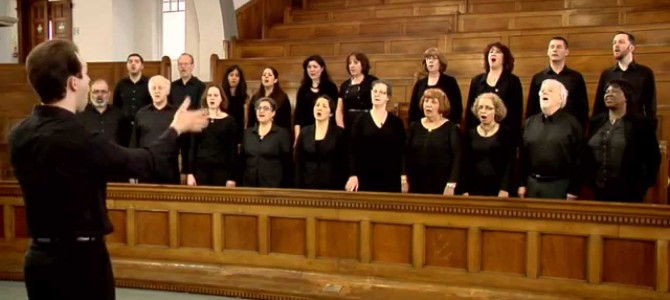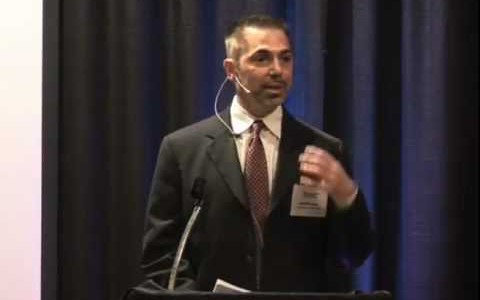10 Truths Wise People Know (But Don’t Talk About) 1. There are no mistakes, only growth. 2. You will keep repeating the same patterns until you get the lesson. 3. Whatever you believe about yourself on the inside…
Singing Spiritual Songs Together – The Baha’i Choir of the UK visits Hebden Bridge

Ten Ways To Bring Mindfulness Into Everyday Life

By Dr. Elise Bialylew Guest Writer for Wake Up World Many people think that meditation is a practice which involves emptying your mind of thoughts. This misconception can leave beginners feeling like ‘bad’ meditators. Mindfulness meditation is not about…
5 Tips To Increase The Efficacy Of Prayer

Robert Lanza on theory of Biocentrism

Robert Lanza on theory of Biocentrism
STRIVE
